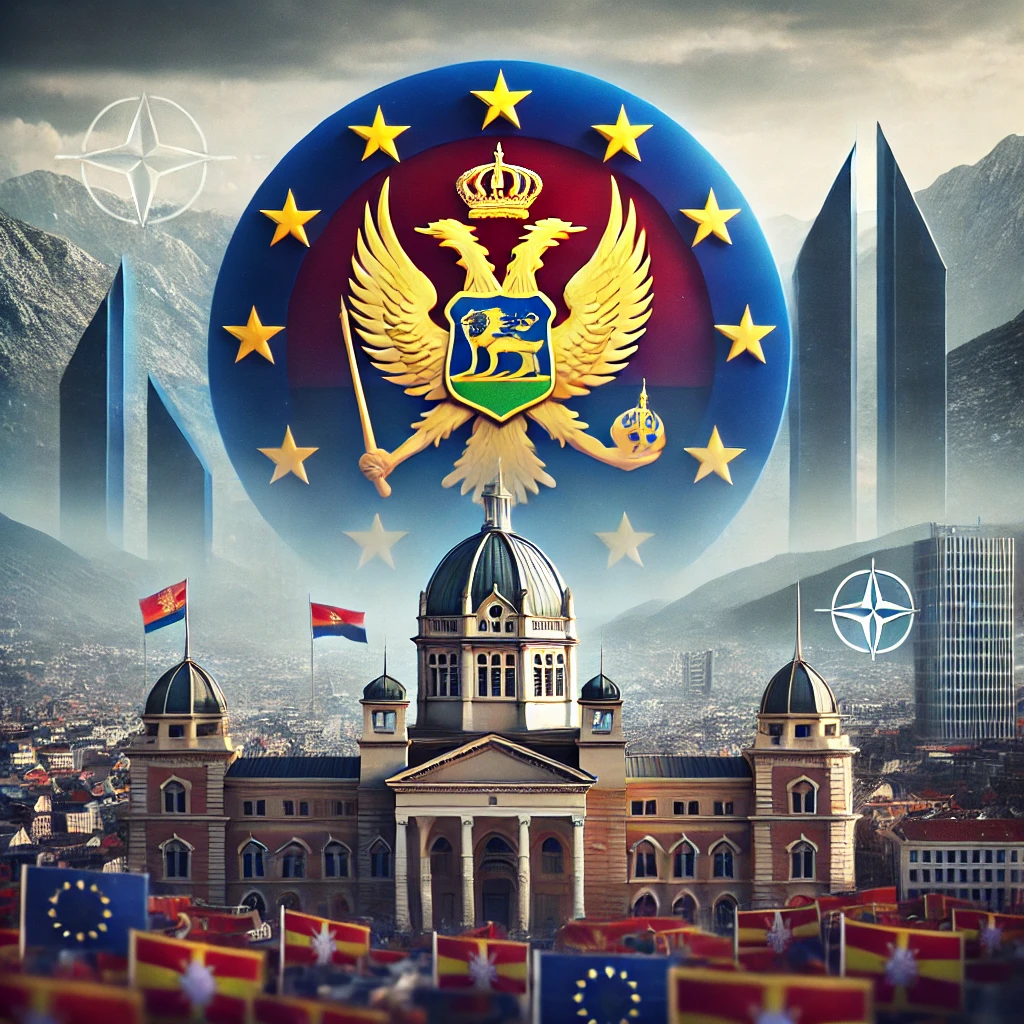Montenegro’s political landscape is facing increasing turbulence as internal divisions complicate the country’s efforts to join the European Union and reduce Russian influence. The recent nomination of a Russian citizen as an ambassador to Moscow has sparked significant controversy, highlighting the difficulties Montenegro faces in aligning with the West while grappling with pro-Russian forces within its own government.
A Divisive Appointment Stirs Tensions
Montenegro’s journey towards deeper integration with Europe took a strange turn recently when the government nominated a Russian citizen as the nation’s ambassador to Moscow. This decision provoked outrage, particularly from President Jakov Milatovic, who viewed the choice as being out of step with the country’s NATO commitments. Milatovic, who was elected on promises to steer Montenegro away from Russian influence, swiftly rejected the nomination. He argued that sending a Kremlin sympathiser to represent Montenegro in Moscow would undermine the country’s diplomatic credibility.
Milatovic’s stance highlights a growing rift between him and Prime Minister Milojko Spajic, whose government is supported by pro-Russian factions. The discord casts doubt on Montenegro’s ability to present a united front as it attempts to join the EU and strengthen its ties with the West.
A Nation Divided by Loyalties
Montenegro, a small Balkan country, has long been caught between the opposing interests of the West and Russia. Since joining NATO in 2017, Montenegro seemed to be on a clear path towards closer ties with Europe. However, the country’s deep ethnic, religious, and geopolitical divisions have complicated its progress.
The relationship between Milatovic and Spajic, once allies committed to European integration, has deteriorated due to the latter’s dependence on Kremlin-friendly politicians to maintain his government. This alliance has drawn criticism from those who view it as a regression into the old patronage politics that have plagued Montenegro for decades.
Ethnic and Political Divides Erupt
Ethnic tensions within Montenegro have also come to the fore in recent months. A parliamentary resolution, passed in July, condemned atrocities committed by a Nazi puppet state during World War II. Although the resolution was intended to address historical grievances, it infuriated neighbouring Croatia, a member of the EU. Croatia denounced the move as politically motivated, accusing pro-Serbian factions within Montenegro of seeking to inflame ethnic tensions.
The resolution, spearheaded by Andrija Mandic, a prominent pro-Russian figure in the government, underscores the influence that Kremlin-aligned politicians still hold. Mandic’s involvement in a 2016 coup attempt to keep Montenegro out of NATO, and his subsequent acquittal, adds to the growing concerns over Russian influence in the country’s politics.
Montenegro’s Struggle for Stability
As Montenegro grapples with these internal challenges, its ambitions to join the European Union face increasing hurdles. Despite recent progress in aligning its judicial system with EU standards, internal political squabbles threaten to derail its efforts. The country’s June 2023 elections revealed significant fractures, with Spajic’s party, Europe Now, falling short of expectations. The party’s need to form a coalition with pro-Russian legislators has complicated its ability to push forward a pro-EU agenda.
The inclusion of figures like Mandic in the government has led to growing concerns that Russian influence is creeping back into Montenegro’s political institutions. Critics, including former Prime Minister Dritan Abazovic, have warned that Mandic holds undue sway over the government, effectively reducing Spajic to a figurehead.
The Path Forward
Despite these challenges, Montenegro remains committed to its membership in NATO and its bid to join the EU. However, the road ahead is fraught with obstacles, not least the internal divisions that threaten to undermine the country’s political stability. For Milatovic, the task of steering Montenegro away from Russian influence is proving more difficult than anticipated, as pro-Russian elements continue to exert significant influence within the government.
The future of Montenegro’s political direction remains uncertain, as the country finds itself pulled between the competing interests of Russia and the West. The outcome of this internal struggle will have profound implications not only for Montenegro but for the wider region as it navigates the complex geopolitics of the Balkans.
This report is based on information from multiple news agencies.
